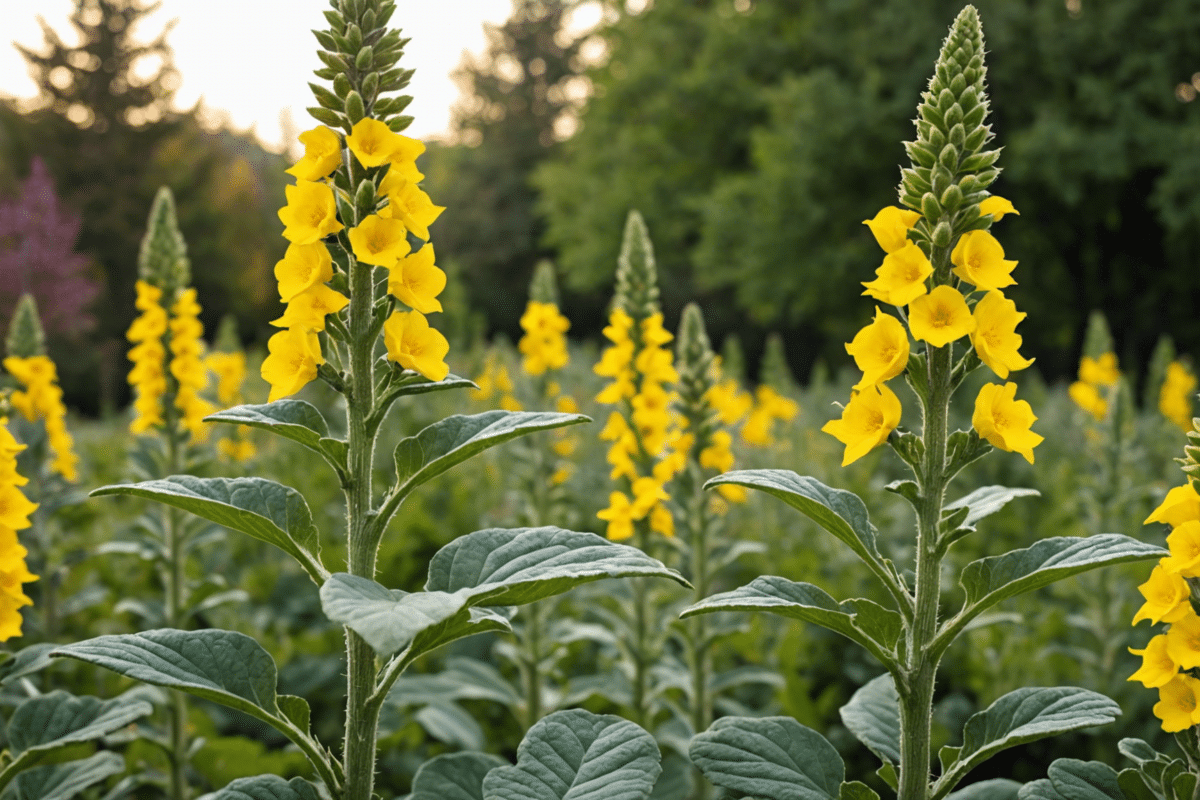Exploring the versatile applications of pine seeds opens up a landscape rich with opportunities for both culinary enthusiasts and avid gardeners. Derived from pine cones, which essentially are the reproductive organs of pine trees, these seeds are not only a source of nutrition but also hold importance in various cultural and practical domains.
The Culinary Delights of Pine Seeds
One of the most common uses of pine seeds lies within the culinary world. Often referred to as pine nuts, these seeds are a staple in various international dishes. They are renowned for their ability to add a nutty flavor and crunchy texture to recipes. In the kitchen, pine seeds can be used in a myriad of ways:
- Sprinkled over salads for added crunch
- Incorporated into pesto sauces, notably in the classic Italian pesto Genovese
- Used as a garnishing on dishes such as hummus and pastas
- Baked into breads and cookies
Due to their high oil content, roasting pine seeds enhances their flavor, making them even more desirable in cooking. Interestingly, beyond their delightful taste and texture, these seeds are packed with essential nutrients, including vitamins, minerals, and antioxidants, promoting a myriad of health benefits.
Gardening and Propagation with Pine Seeds
For those who enjoy nurturing their green spaces, harvesting and planting pine seeds offer an enriching experience. Growing pine trees from seeds can be a rewarding project, as these majestic trees enhance the aesthetic of any garden and contribute positively to the environment. Successfully growing pine trees involves a few pivotal steps:
- Collecting seeds from mature pine cones typically in late fall
- Extracting the seeds by drying out the cones until they open
- Stratifying the seeds if necessary to simulate winter conditions
- Sowing the seeds in well-draining soil and providing consistent moisture
With patience and proper care, seedlings will emerge and gradually develop into young pine trees. It’s a process that mirrors the natural cycles of life and brings gardeners closer to the ecosystem around them.
Economic and Ecological Importance
The harvesting of rapepine seeds also plays a significant economic role in certain regions. Countries such as China, Korea, and Russia partake in large-scale pine nut production, with these seeds being exported globally and contributing to local economies. Ecologically, pine trees grown from these seeds aid in forest regeneration, provide habitats for wildlife, and help in soil conservation, underscoring their environmental value.
Art and Decoration
Apart from their gastronomic and ecological applications, pine seeds and their cones are popular in decorative arts. They are used in a variety of crafts, such as:
- Creating holiday wreaths and ornaments
- As additions to floral arrangements
- Making eco-friendly jewelry
This blend of natural beauty with creativity offers endless possibilities for personalization and style in home decor, contributing to a rustic yet elegant aesthetic.
Medicinal and Therapeutic Uses
Holistically, pine seeds have been utilized in traditional medicine to help with a variety of ailments. Their high antioxidant content renders them beneficial in fighting inflammation and oxidative stress. Some cultures use these seeds to prepare therapeutic oils and supplements that support skin health, digestion, and overall well-being.
FAQs About Pine Seeds
Q: Are pine seeds the same as pine nuts?
A: Yes, pine seeds are commonly known as pine nuts and are edible seeds harvested from pine cones.
Q: How do you harvest pine seeds?
A: To harvest pine seeds, collect mature pine cones, let them dry to naturally open and release the seeds, then gently remove them from the cone.
Q: What are the health benefits of consuming pine seeds?
A: Pine seeds are rich in nutrients like vitamins E and K, magnesium, and zinc, which offer various health benefits including enhanced immune function and reduced heart disease risk.
In summarizing the manifold applications and benefits of pine seeds, it’s clear they offer more than just aesthetic value. Whether it’s in cooking, gardening, crafting, or health, these seeds provide a wealth of opportunities for use that resonate with a sustainable and health-conscious lifestyle. Engaging with pine seeds can enrich one’s culinary repertoire, enhance garden biodiversity, and support bodily health, making them a truly versatile element in everyday living.












